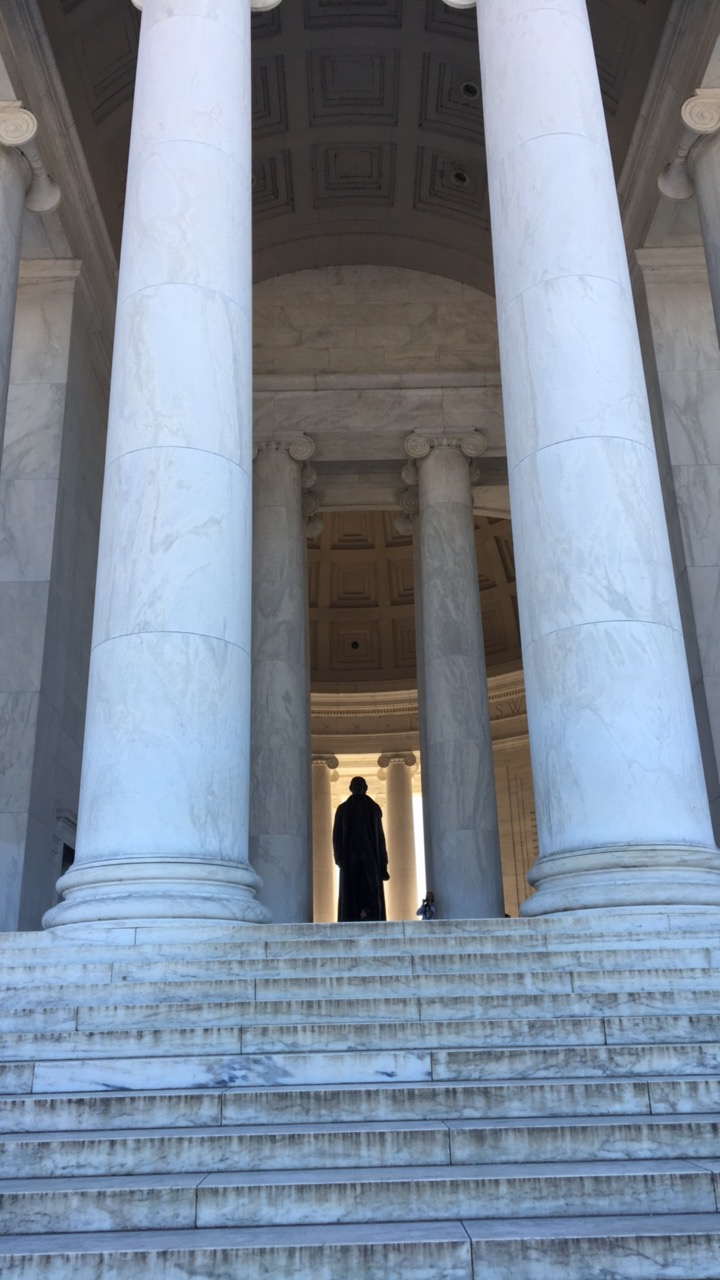Almost all of us have had the painful experience of having to sit in a dentist’s chair for surgery. “Relax”, they tell you – the people from the other side. (Dentists, I mean) -“It’s all fairly simple procedure, your wisdom teeth are impacted”. Yes, the annoying mandibular third molar or the wisdom tooth is solely responsible for that painful surgery you needed to undergo – witting with your mouth WIDE open and anesthetized, so you can hardly even control your own drooling. Happy times.
The wisdom tooth is the most misunderstood of them all – they serve absolutely no function, are a pain in the jawline, and people don’t even know *WHY* they’re called that. Save an ancient Dutch folklore that has been misinterpreted over a hundred thousand years and literally lost in translation.
History has it that the ancient man ate fibrous food, foraged through the forests for it and ate most of what he lay his hands on – requiring extended jaw lines and a lot more “chewing mechanisms”. Studies showed that collagen, found in the fibers of most foods, were effectively ground and pasted only by molars, and a lot less by other teeth. As the hunter and food gatherer eras paved way for the agriculturists, the wear on the molars became more oblique indicating the fact that food was more processed than raw (Center for Human Growth & Development Study, U0fM Ann Arbor).
Impacted teeth are any teeth that are directionally oriented in a way that is completely different from the ideal. It happens more often with wisdom teeth only because they have to fight for their space in your mouth.They are often trapped within your jaw, or inside your gums and erupt only partially. There are different kinds of impactions (which is completely beyond the scope of this write-up; Ok so I said that to sound fancy – I’ve seen it in my textbooks!) – all of which can only be confirmed by dental X-rays. These don’t always cause pain and discomfort as folklore would have it, and you may just about lead a normal life with wisdom teeth. Signs to watch out for impacted wisdom teeth are inflammation in the jaw or gums, tenderness and a persistent jaw and head ache.
After fine print reading a lot of review articles on wisdom teeth, I finally decided to let off the dentist race from what I thought was an evil penchant for inflicting pain on innocent teenagers. It turns out that an impacted wisdom tooth inside your gum has all kinds of risks of having plaque settling down, and not being brushed away ever and causing infections that could potentially spread to your roots, and to adjacent teeth. “Sottha pallus” seem like a dangerous proposition to contend with when I would just much rather go through the pain associated with their removal. The surgery however, proposes its own associated risks of damaging all or any nerves in close proximity to the tooth (I would quote statistics for the percentage of risk for this nerve damage, but apparently it’s not that significantly high in the civilized world).
Now that I’m done scaring you with nerve damage, the rite of passage with the extraction of the wisdom tooth brings with it some hearty news – Scientists in Japan realized in August 2008 that the dental pulp extracted from wisdom teeth could be used to harvest mesenchymal stem cells – a population of cells that can essentially differentiate and become bone, cartilage and various other tissues. This brought some cheer to the pro-life activists who could now finally stop arguing about the ethical dilemmas associated with embryonic stem cell harvesting – we take out these teeth anyway, why not cure some diseases with them? Maybe then, they might not be quite as vestigial as one would think.
So anyone’s had some or all of their wisdom removed? Do not worry, we won’t judge you 😉
-Written by Schmetterling.



wisdom teeth form in the direction and orientation they are supposed to. The need to “swing” to proper position in order to come out. But like u say, evolution and smaller jaws crowd them out.
Since you’re saying that you won’t judge me, I will proclaim that I have gone through torture and am not sure if I should be so proud of it 😉
I had all 4 of my wisdom teeth taken out at the same time. The military doesn’t like you to keep them, even when they don’t cause problems. It was a painful experience, and I am glad it is over.
I think there is one coming out but it not paining. How do you know it is small jaw or big jaw? 😐
Reminds me of Ogden Nash.